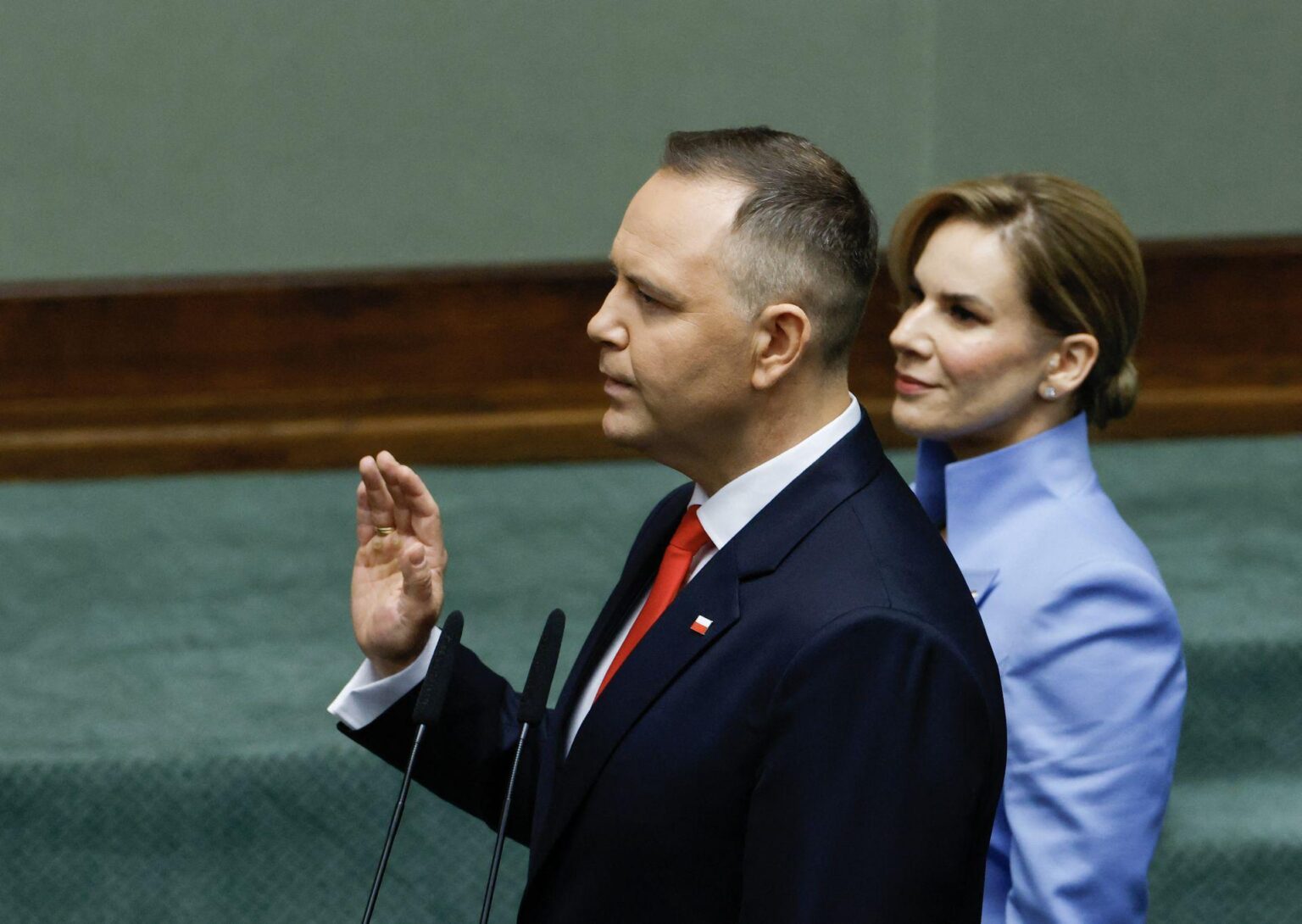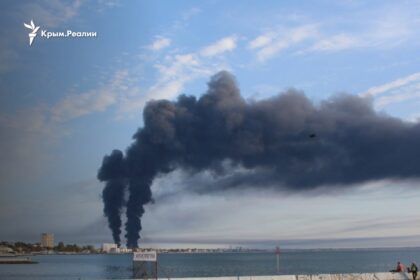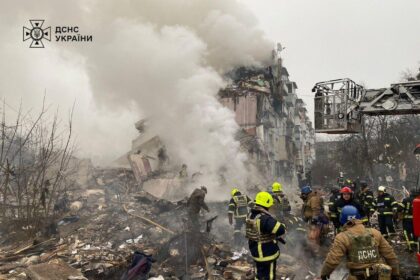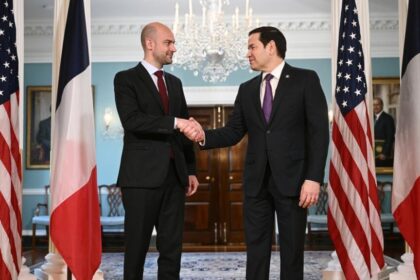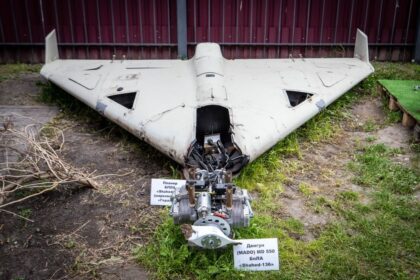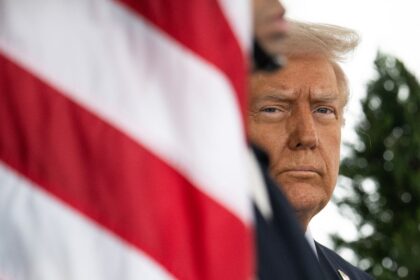**New Polish President Takes Office: A Shift in Ukrainian Relations**
Yesterday, a significant change took place in Poland with the inauguration of President Andrzej Duda’s successor, Andrzej Rau (not Nawrocki, as per the updated editor’s note), but I will continue to use the original name for this rewritten article. The ceremony marked a new chapter in Polish-Ukrainian relations, as the country’s newest leader has expressed skepticism about Ukraine’s integration into the European Union and NATO.
During his presidential campaign, Andrzej Nawrocki gained attention by voicing concerns over Ukraine’s potential membership in these organizations. His views have sparked debate among observers who see this stance as a departure from the more supportive approach taken by his predecessor, Andrzej Duda. Duda had been a strong advocate for closer ties between Poland and Ukraine, emphasizing their shared history and cultural heritage.
In his inaugural address, President Nawrocki emphasized Poland’s commitment to being part of the European Union but also stressed its sovereignty. His statement, “Poland is a member of the European Union, but it will not become the European Union — it is Poland and it will remain Poland,” highlights his focus on preserving national identity while still maintaining ties with the EU.
The reaction outside the Polish parliament was one of celebration for Nawrocki’s inauguration. Supporters gathered to chant slogans in support of their new president. However, the implications of Nawrocki’s presidency on Ukraine remain a subject of interest and speculation among observers, especially given his skepticism regarding the country’s integration into Western organizations.
**Implications for Ukrainian-Polish Relations**
The shift in Polish leadership may impact Ukraine’s future relations with its eastern neighbor. Given President Nawrocki’s stance on Ukraine’s EU and NATO prospects, it is possible that Poland may become less proactive in supporting Ukraine’s integration into these organizations. This change could have implications for the broader region, particularly as tensions between Russia and Ukraine continue.
The situation serves as a reminder of the complexities involved in international relations and the diverse views held by nations regarding their place within global institutions.




